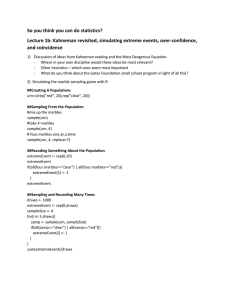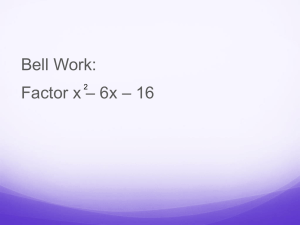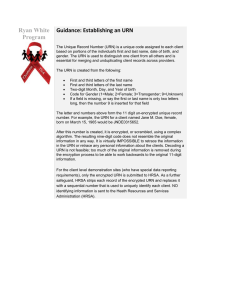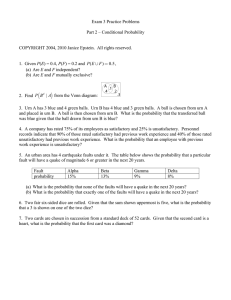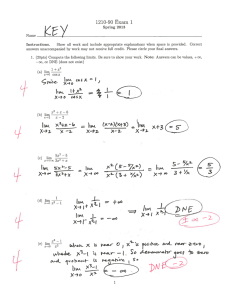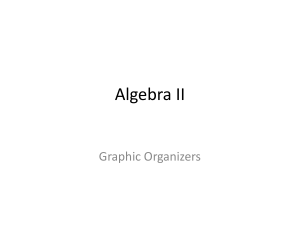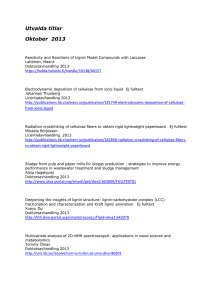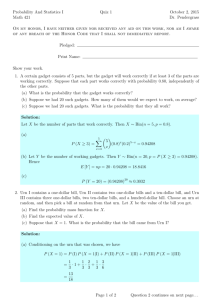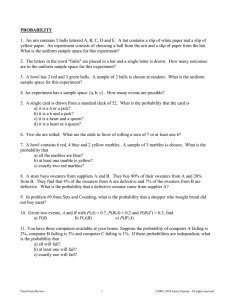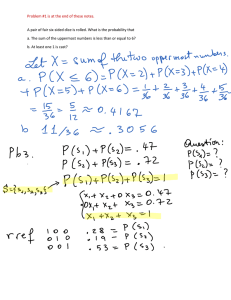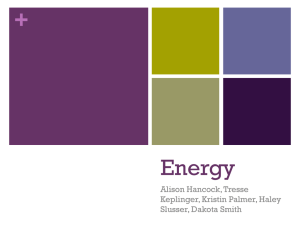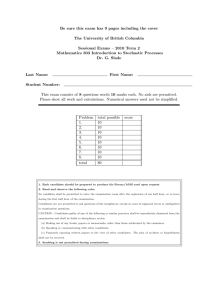CH4 - Faculty Personal Homepage
advertisement
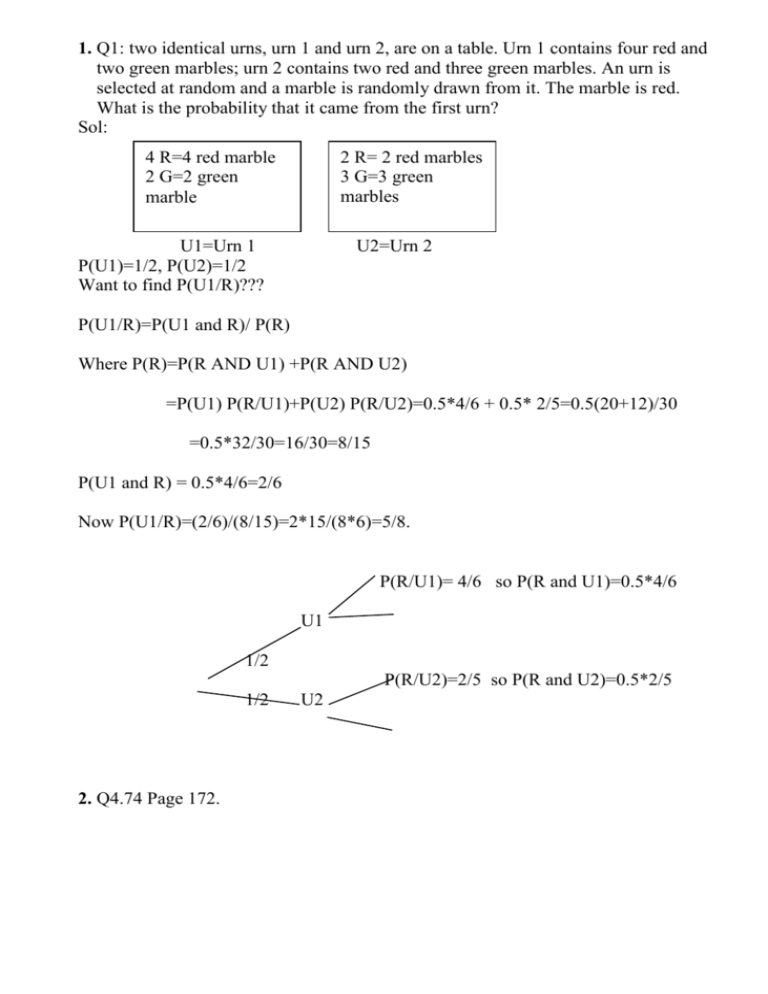
1. Q1: two identical urns, urn 1 and urn 2, are on a table. Urn 1 contains four red and two green marbles; urn 2 contains two red and three green marbles. An urn is selected at random and a marble is randomly drawn from it. The marble is red. What is the probability that it came from the first urn? Sol: 4 R=4 red marble 2 G=2 green marble 2 R= 2 red marbles 3 G=3 green marbles U1=Urn 1 P(U1)=1/2, P(U2)=1/2 Want to find P(U1/R)??? U2=Urn 2 P(U1/R)=P(U1 and R)/ P(R) Where P(R)=P(R AND U1) +P(R AND U2) =P(U1) P(R/U1)+P(U2) P(R/U2)=0.5*4/6 + 0.5* 2/5=0.5(20+12)/30 =0.5*32/30=16/30=8/15 P(U1 and R) = 0.5*4/6=2/6 Now P(U1/R)=(2/6)/(8/15)=2*15/(8*6)=5/8. P(R/U1)= 4/6 so P(R and U1)=0.5*4/6 U1 1/2 P(R/U2)=2/5 so P(R and U2)=0.5*2/5 1/2 2. Q4.74 Page 172. U2 3. Q4.42 Sol: E( x) xP( x) = $10(.80) + $20(.10) + $100(.08) + $1,000(.02) = $38.00 b. St.Dev. ( x E[ x]) 2 p ( x) To find the standard deviation, the following calculations are used: The variance is 19476. Then the standard deviation is the square root of the variance = $139.56 c. P(> $100 on 1st or > $100 on 2nd or P(> $100 on both) = .10 + .10 - (.01) = 0.19 Note, the events are independent since the drawing are random. This the addition rule for independent events is used. The probability that a person gets at least $100 on both draws is the product of the probabilities on each draw. 4. Q4.46 x P(x) 100 200 300 400 0.25 0.40 0.20 0.15 y 500 300 400 600 P(y) P(xy) 0.25 0.40 0.20 0.15 0.10 0.50 0.30 0.10 Sol: The covariance is calculated using equation 4-17: xy [ x E( x)][ y E ( y)]P( x y ) i j i j The expected values for x and y were computed in problem 4.45 as: E(x) = 225 and E(y) = 415 Then the following calculations give the covariance: x P(x) xP(x) x - E(x) 100 200 300 400 0.25 0.40 0.20 0.15 25 80 60 60 -125 -25 75 175 225 y P(y) yP(y) 500 300 400 600 0.25 0.40 0.20 0.15 125 120 80 90 y - E(y) 85 -115 -15 185 [x - E(x)][ y - E(y)] P(xy) [x - E(x)][ y - E(y)]P(xy) (10,625.00) 2,875.00 (1,125.00) 32,375.00 0.10 0.50 0.30 0.10 (1,062.50) 1,437.50 (337.50) 3,237.50 415 3,275.00 The covariance is 3,275 . The relationship between the two variables is positive 5. Q4.18 6. An oil company determines that the probability that a gas station located along an interstate highway is successful is 0.45. a successful station earns an annual profit of $40,000; a station that is not successful loses $10,000 annually. What is the expected gain to the company if it locates a station along an interstate highway? 7. A manufacturer of widgets has four assembly lines: A, B, C, and D. the percentages of total daily output that are produced by the four lines are 35%, 20%, 30%, and 15%, respectively. The percentages of defective units produced by the lines are estimated to be 2%, 4%, 3%, and 4%, respectively. Suppose that a widget is randomly selected from a day’s production and is defective. What is the probability that it came from line a. A?(0.2333) b. B?(.2667) c. C?(.3) d. D?(.2) e. From which assembly line did it most likely come?
